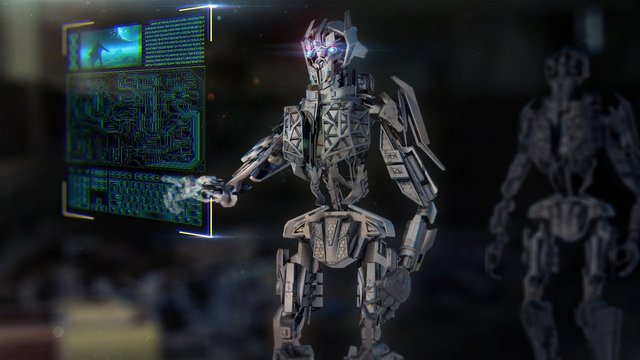Artificial intelligence (AI) is one of the most rapidly developing fields in technology today. From self-driving cars to intelligent robots, AI is already impacting our lives in a big way. But what does the future of AI hold? In this blog post, we'll take a look at the latest advancements in AI and how they're set to change the way we live and work.
First, let's take a look at the current state of AI. According to a recent study by PwC, the global AI market is expected to reach $190 billion by 2025. This rapid growth is driven by advancements in machine learning, natural language processing, and computer vision. These technologies are being used in a wide range of industries, from healthcare to finance to manufacturing.
One of the most significant impacts of AI will be on the business world. According to a study by McKinsey, AI has the potential to add $13 trillion to the global economy by 2030. This growth will be driven by increased efficiency, cost savings, and new revenue streams. For example, AI-powered chatbots are already being used by companies to handle customer service inquiries, freeing up human agents to handle more complex tasks. Similarly, AI-powered machines are being used in manufacturing to improve quality control and reduce waste.

But AI isn't just good for business. It also has the potential to make a big impact on society as a whole. For example, AI-powered healthcare systems are being developed to help doctors diagnose and treat patients more effectively. Similarly, AI-powered transportation systems are being developed to reduce traffic and make our roads safer.
Despite these advancements, there are also concerns about the impact of AI on jobs and privacy. As machines become better at performing tasks that were once done by humans, some jobs may become automated. Similarly, as AI systems collect more and more data on our lives, there are concerns about privacy and security.
To address these concerns, it's important that we invest in the development of ethical AI. This means creating AI systems that are transparent, accountable, and fair. Additionally, we need to invest in education and training programs to help workers adapt to the changes brought on by AI.
In conclusion, the future of AI is both exciting and daunting. As we continue to push the boundaries of what's possible with this technology, it's important that we take a thoughtful and responsible approach to its development and deployment. By doing so, we can ensure that AI is used for the betterment of society and the world.